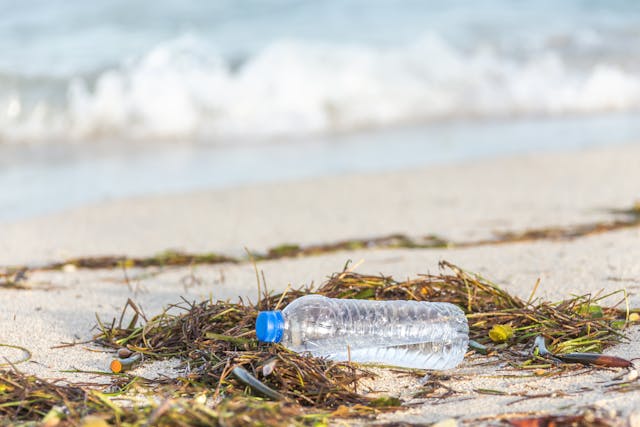Recycling is one of the simplest yet most effective ways we can help the planet. It involves turning used materials into new products, which helps conserve natural resources, save energy, and reduce pollution. By recycling, we play a direct role in creating a healthier environment and a more sustainable future.
What is Recycling?
Recycling is the process of collecting waste materials, such as paper, plastic, glass, and metal, and turning them into new products. This process helps reduce the need for raw materials, which often come from the earth through mining, logging, and other resource-intensive methods. By recycling, we can reuse these materials instead of throwing them away.
Why Should We Recycle?
There are many reasons why recycling is so important. The most obvious one is that it helps protect the environment. When we recycle, we reduce the amount of waste that ends up in landfills and incinerators, where it can take hundreds of years to decompose. Many materials, such as plastic, do not decompose at all, and this can lead to serious environmental problems like pollution and harm to wildlife.
By recycling, we also reduce the need to extract natural resources, which can lead to deforestation, habitat destruction, and pollution. For example, recycling paper reduces the need to cut down trees, while recycling metals reduces the need for mining.
Recycling also saves energy. The process of recycling often uses less energy compared to making products from raw materials. For example, it takes less energy to recycle aluminum cans than it does to produce new ones from raw aluminum. This reduction in energy use helps decrease the amount of pollution and greenhouse gases released into the atmosphere, which contributes to climate change.
Types of Materials We Can Recycle
There are several types of materials that we can recycle. Some of the most common ones include:
- Paper: Newspapers, magazines, cardboard, and other paper products can be recycled and turned into new paper products.
- Plastic: Many types of plastic, such as bottles, containers, and bags, can be recycled. However, it’s important to check the recycling symbol on plastic items, as some plastics are not recyclable.
- Glass: Glass bottles and jars can be recycled indefinitely without losing their quality. Glass recycling helps reduce the need for new raw materials and saves energy.
- Metal: Aluminum cans, steel cans, and other metals can be recycled to make new products. Recycling metals saves energy and reduces the need for mining.
How Does Recycling Help the Economy?
Recycling also benefits the economy. When materials are recycled, they can be sold to companies that use them to make new products. This creates jobs in recycling plants, sorting centers, and manufacturing industries. By recycling, we contribute to the economy and help reduce the need for expensive raw materials.
The Challenges of Recycling
While recycling is important, it’s not always as easy as it sounds. Many people don’t fully understand what can and cannot be recycled. For example, food containers with leftover food, like pizza boxes or take-out containers, often cannot be recycled because they are contaminated with grease or food residue.
Another challenge is that not all communities have access to recycling programs. In some areas, recycling facilities may be far away or not available at all. In such cases, waste often ends up in landfills, even if it could have been recycled.
If you live in Calgary, you can visit a bottle return calgary center for easy returns. You can also look for a bottle drive near me or schedule a bottle drive to make a positive impact in your community. The bottle depot in Calgary is a great resource for recycling bottles and other materials.
How You Can Help
There are many ways that each of us can contribute to recycling efforts. One simple way is to make sure that we are separating recyclables from non-recyclables. Make sure to rinse out containers and remove any food or liquids before placing them in the recycling bin.
You can also reduce waste by reusing items whenever possible. For example, instead of buying a new plastic bottle every time, try using a reusable water bottle. Avoid buying single-use plastic products, like straws and cutlery, and opt for reusable or biodegradable alternatives.
Additionally, support local recycling programs and encourage your community to improve recycling efforts. If recycling is not available in your area, talk to your local government or community leaders about the possibility of setting up a program.
Conclusion
Recycling is essential for protecting our environment and ensuring that we have the resources we need for the future. By understanding the importance of recycling and taking small steps to reduce, reuse, and recycle, we can all make a big difference. Together, we can create a cleaner, healthier planet for future generations.
